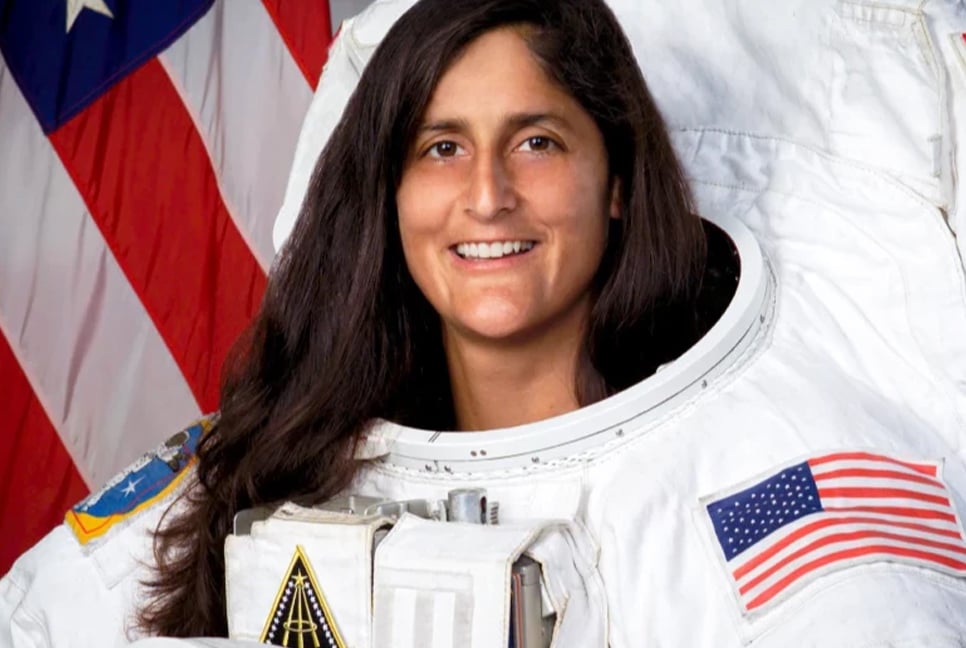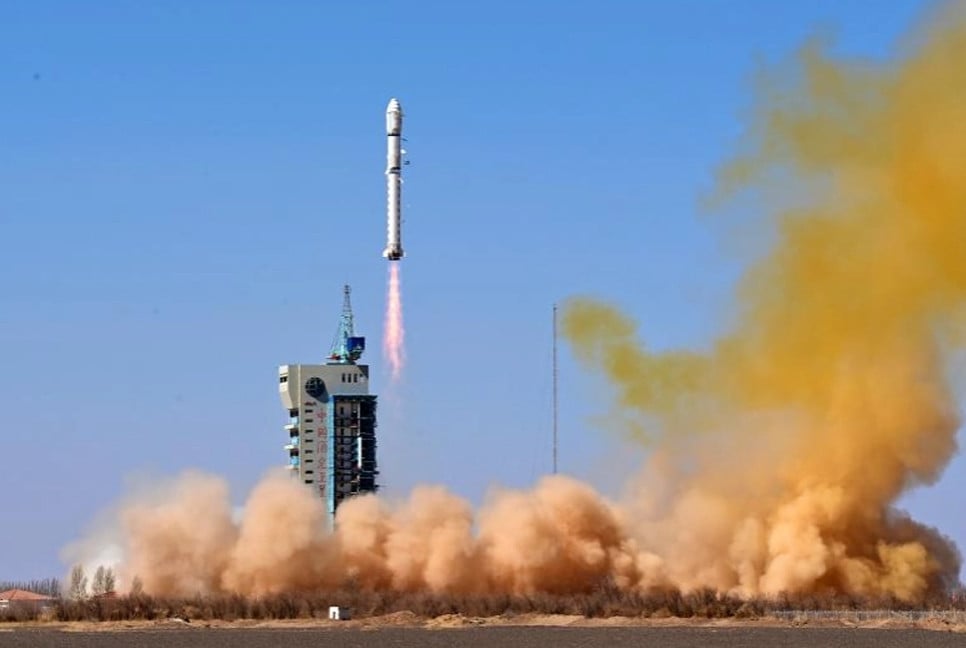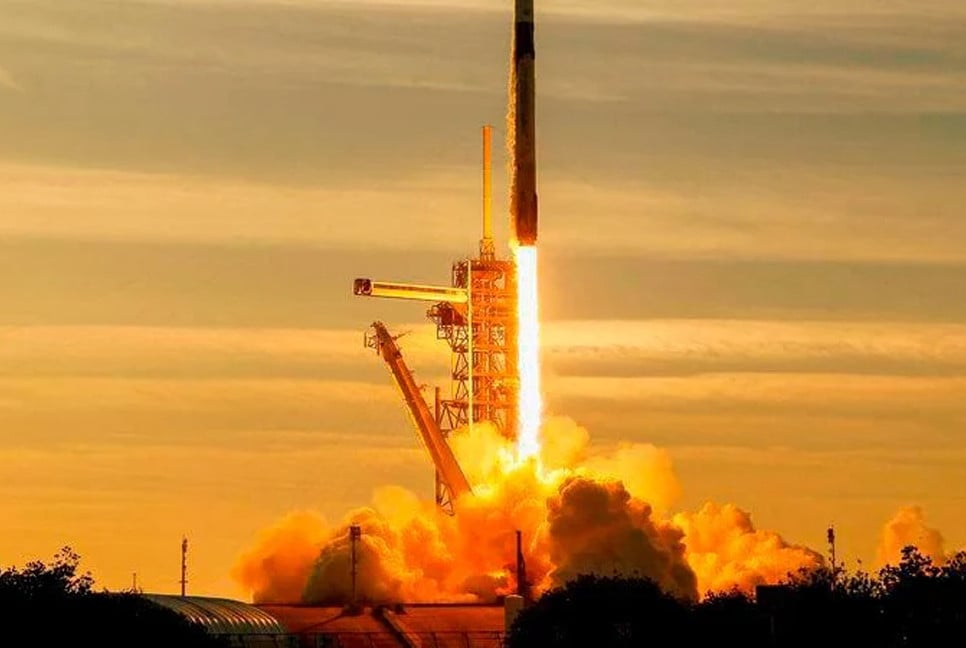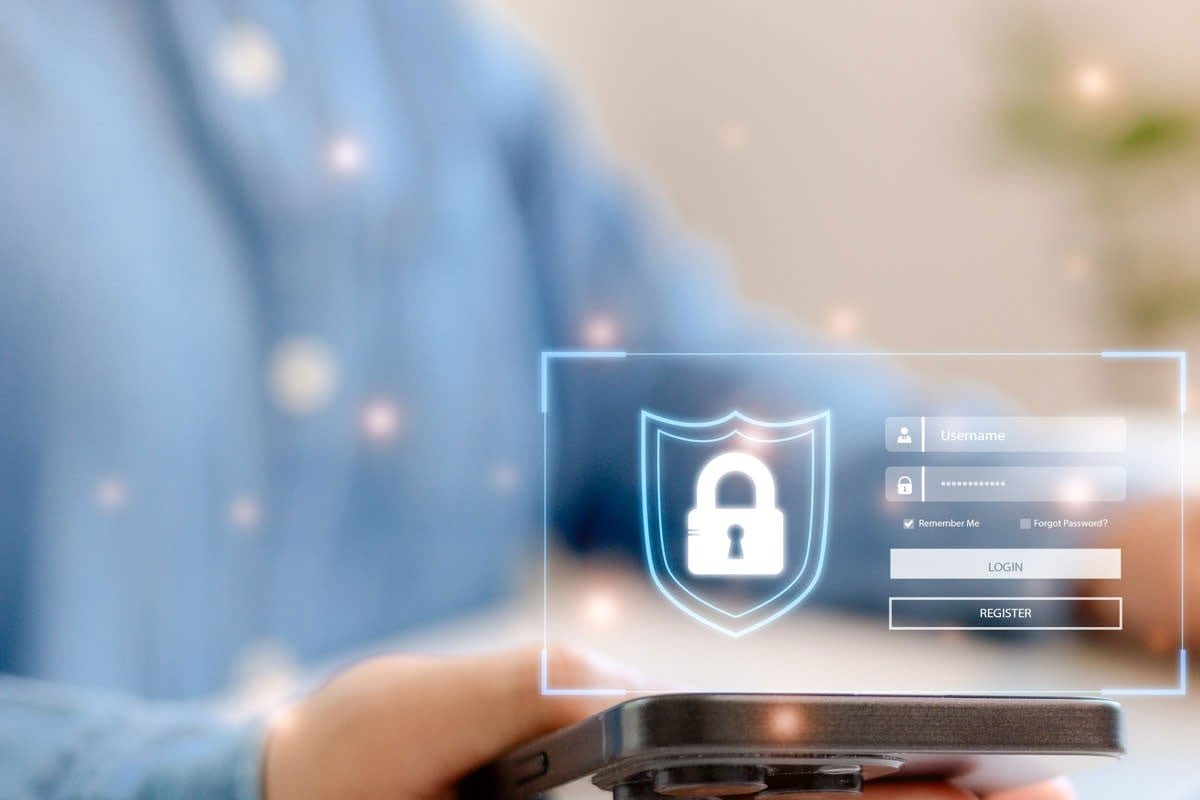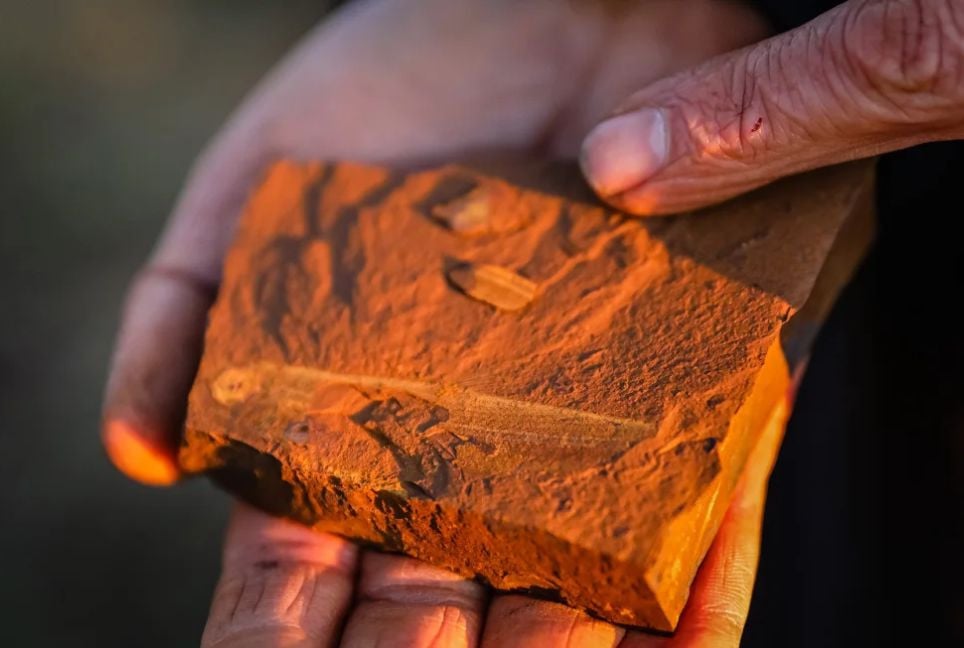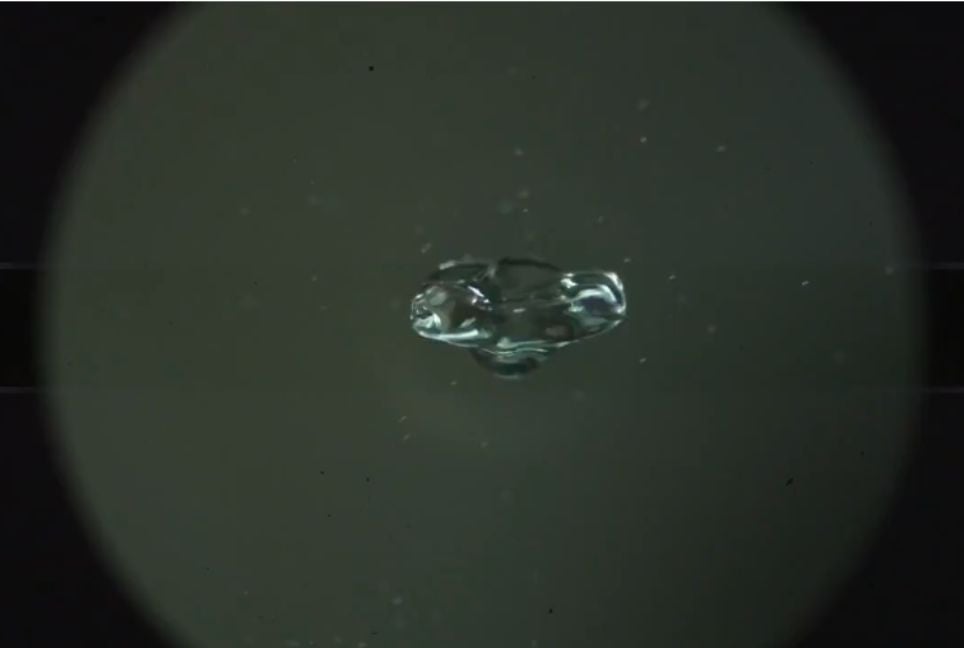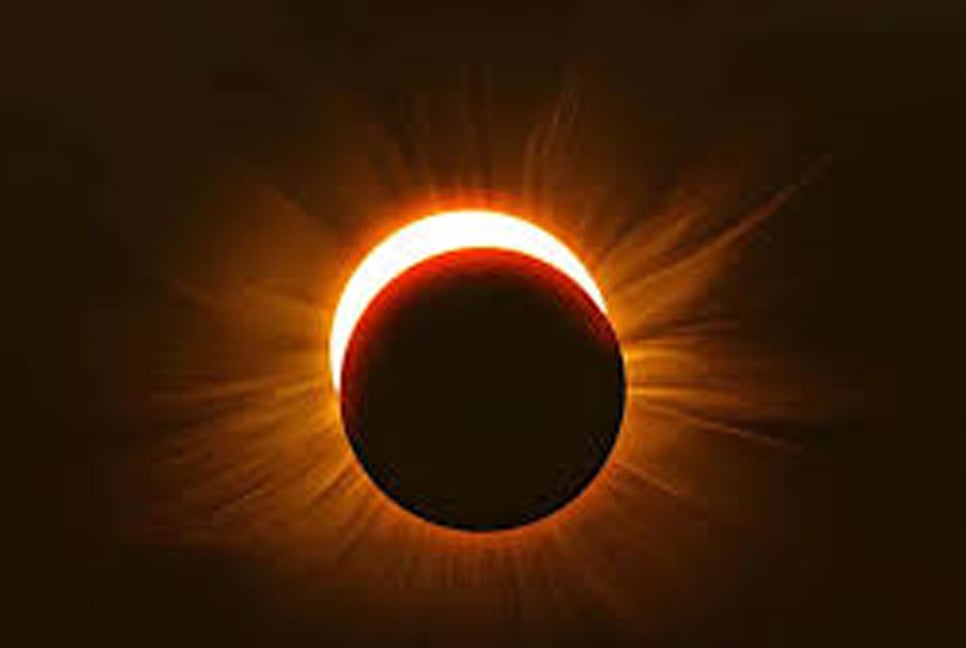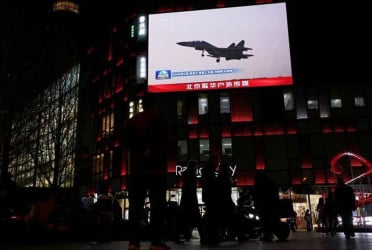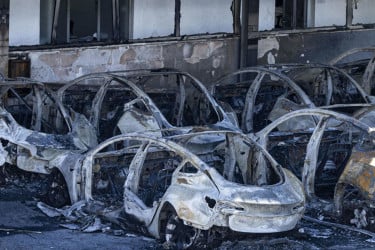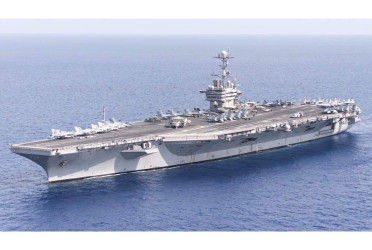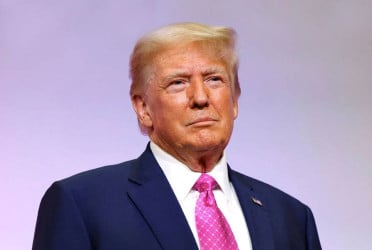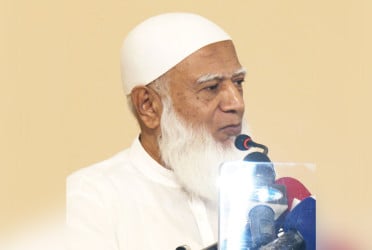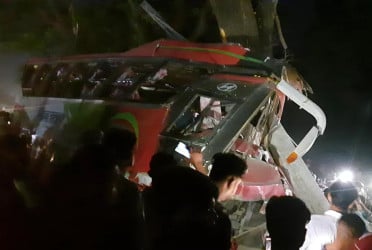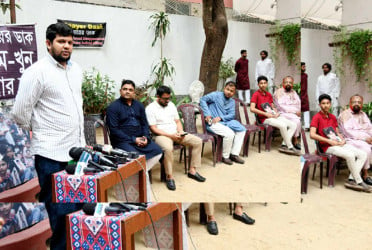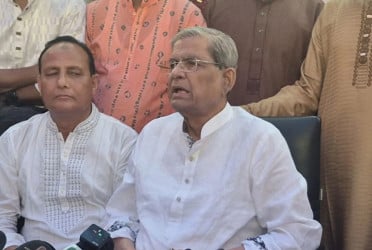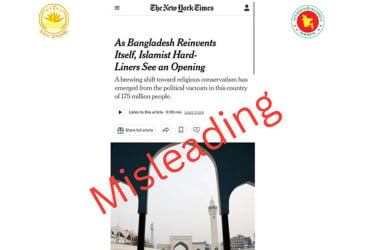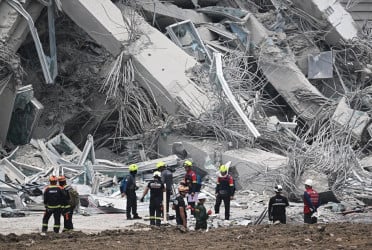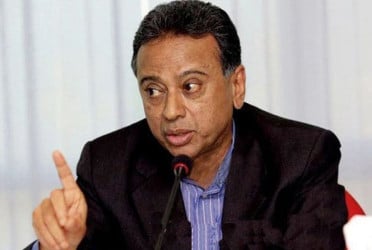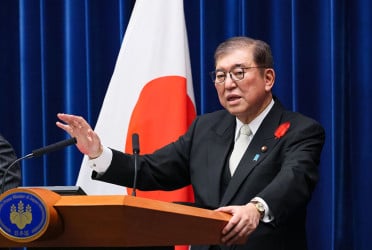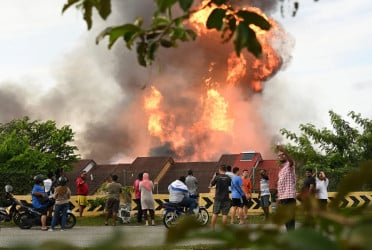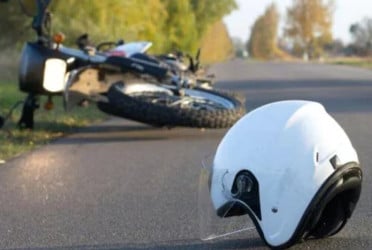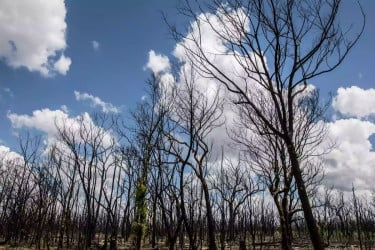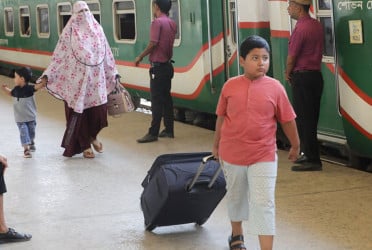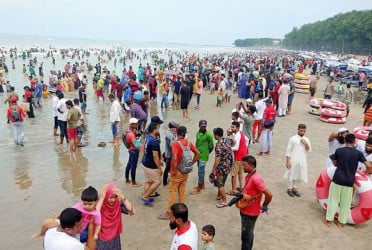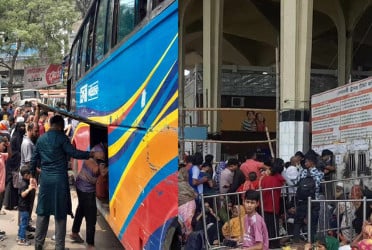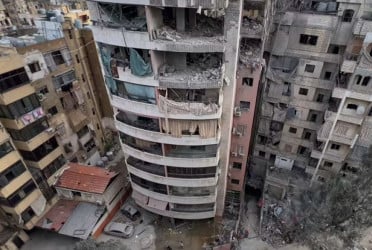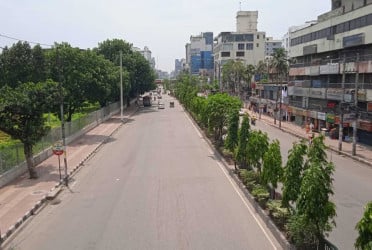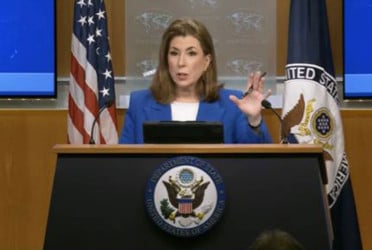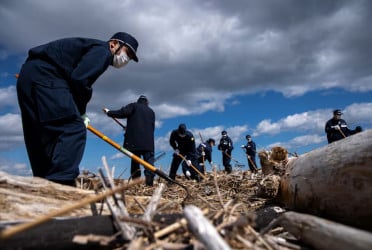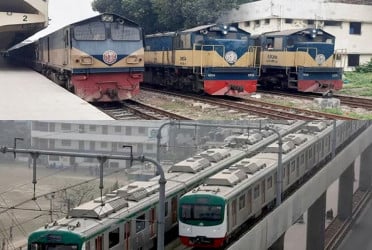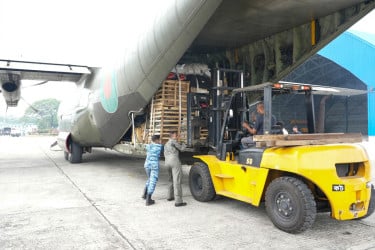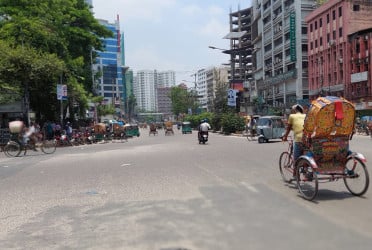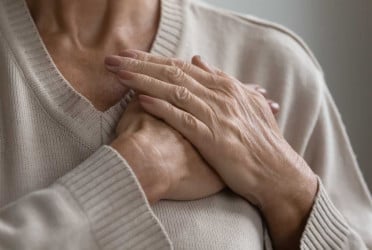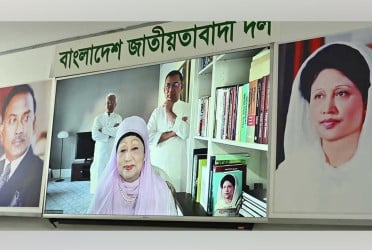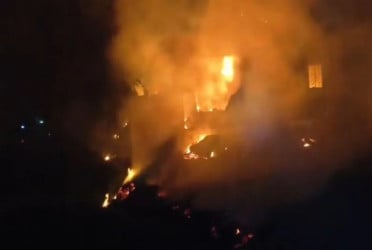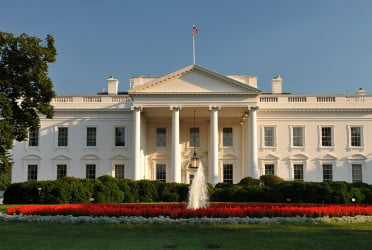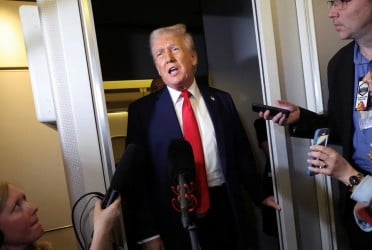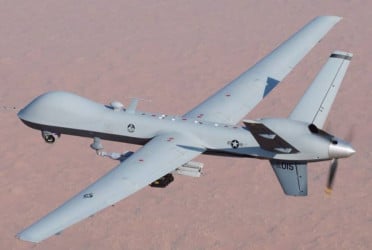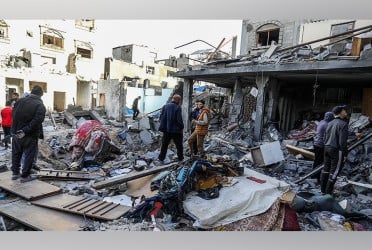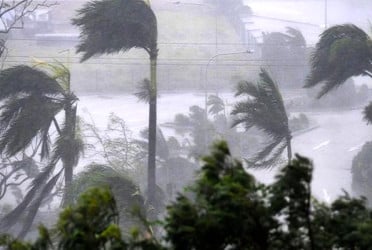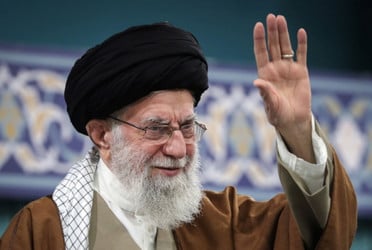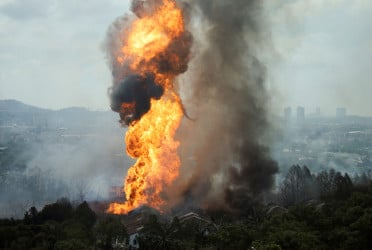NASA astronaut Sunita Williams will make history by casting her vote in the upcoming US Presidential election while aboard the International Space Station (ISS), over 400 kilometres above Earth.
Currently serving as the commander of the ISS, Williams will exercise her democratic right through a process that has been in place since 1997, when the Texas Legislature passed a bill allowing NASA astronauts to vote from space.
She will join a select group of space-based voters including David Wolf, who was the first American to vote from space while aboard the Mir Space Station, and Kate Rubins, who cast her vote from the ISS during the 2020 US elections, reports AP.
Williams, following a similar procedure to other US citizens voting from abroad, will begin by completing a Federal Post Card Application to request an absentee ballot. Once received, she will fill out the electronic ballot on the ISS’s computer system, utilising NASA’s advanced Space Communication and Navigation (SCaN) Program.
The completed ballot will be transmitted through NASA’s Near Space Network, using the Tracking and Data Relay Satellite System. From space, it will be sent to a ground antenna at NASA’s White Sands Test Facility in New Mexico, before being securely transferred to the Mission Control Center at the Johnson Space Center in Houston, Texas.
The encrypted ballot will then be sent to the appropriate county clerk for processing. Only Williams and the county clerk will have access to the ballot, ensuring its integrity and security.
The process underscores NASA’s commitment to enabling its astronauts to remain connected to their civic responsibilities despite the challenges of long-duration spaceflight. It also demonstrates the capabilities of NASA’s cutting-edge communication technologies, which support this remarkable feat of long-distance democracy.
The upcoming US Presidential election is set to feature incumbent Donald Trump and Vice President Kamala Harris as the primary candidates. As Williams prepares to participate from space, her actions serve as a reminder of the importance of democratic participation, even from the most extraordinary locations.
Bd pratidin English/Lutful Hoque

